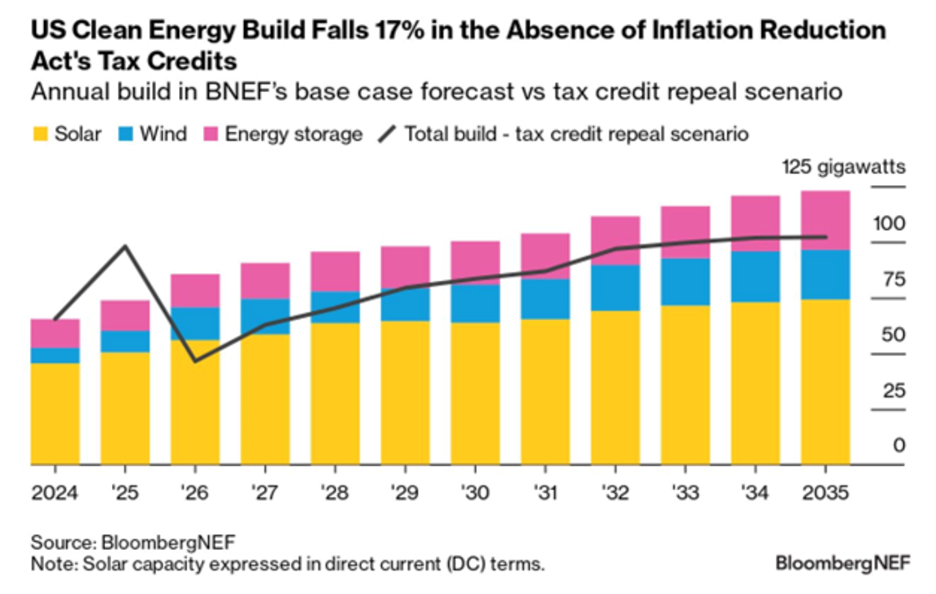COP16: Shot, Chaser, and Now What? Beware Biowashing
- 3 nov 2024
- 3 Min. de lectura

Shot
Having spent many years on the COP speaking circuit, I was hesitant to attend COP16 given that talking is not what we at Responsible Alpha do, instead we partner with institutions so that they can easily act to make the necessary transition to a sustainable economy happen.
This year, I had the distinct honor to join Gwen Bridge and Flavio Affinito at COP16, both leaders at Responsible Alpha on our Board of Directors and Advisory Council.
Chaser
Yet as a Colombian American, having spoken at over 400 events in my 20+ year career as a sustainable research manager, I observed the following in Cali at COP16:
The administration of COP16 exceeded all the other COPs at which I have spoken.
The program was superb and focused on implementation.
During COP, numerous informal groups of leading institutions were discussing action plans.
But, in general, the private sector has taken little to any action to materially address ecosystem degradation, with wildlife populations decreasing by over 70% and natural resource extraction increasing threefold over the past 50 years.
Yet, this degradation of biodiversity and ecosystem services already has destabilized financial systems and credit portfolios while the World Bank forecast this degradation will reduce global GDP by $2.5 trillion to $3.0 trillion by 2030.
… And So Now What? Beware Biowashing
Since the Kunming-Montreal Global Biodiversity Framework (GBF) was adopted in 2022, countries have committed to ambitious goals, like the "30x30" pledge, to protect 30% of land and marine areas by 2030.
This pledge aligns biodiversity protection with climate resilience by involving Indigenous Peoples and Local Communities in preservation efforts.
The EU’s Corporate Sustainability Reporting Directive and Nature Restoration Law have further cemented these objectives, while nations like China have submitted National Biodiversity Strategies and Action Plans (NBSAPs) to solidify their commitments.
But 85% of countries missed their COP16 NBSAP submission deadline. Major economies like Germany and the UK have not delivered updated plans, while the U.S. is not a signatory.
Yet, as Target 19 of the GBF calls for $200 billion annually to meet these goals, only $250 million of the necessary $20 billion in international financial flows has been secured to date, highlighting a pressing funding shortfall.
While momentum for the Taskforce on Nature-related Financial Disclosures (TNFD) is gaining traction, with over 400 organizations reporting or preparing to report against its guidelines, equal to $6 trillion in market capitalization, enormous gaps remain.
The CBD’s Kunming-Montreal Global Biodiversity Framework (KMGBF) is to “Minimize the impacts of climate change on biodiversity and build resilience” with its 23 ambitious targets aimed at halting and reversing biodiversity loss by 2030, with a longer-term vision of living in harmony with nature by 2050. Yet very few countries are taking concrete action.
The Intergovernmental Science-Policy Platform on Biodiversity and Ecosystem Services (IBPES) and the Intergovernmental Panel on Climate Change (IPCC) need to actively collaborate beyond their 2021 joint report.
Private sector institutions must move beyond rhetoric, as observed at COP16, to hiring seasoned ecologists and scientists into leadership roles, with corresponding budget, and authority to impact day-to-day business decisions.
Be far most, if not almost all, private sector institutions lack any scientific understanding of the underlying natural capital and biodiversity risks they face as exhibited by their lack of hiring scientists into leadership positions. Just ask yourself – how many board members of corporations in the S&P 500 are trained ecologists and understand biodiversity risks?
So as we fly home, grateful to our gracious hosts, companies beware as without competent executive leadership by trained scientists, you are guaranteed to face significant legal and reputational risks from biowashing, parallel to the greenwashing risks facing your climate colleagues.





Comentarios